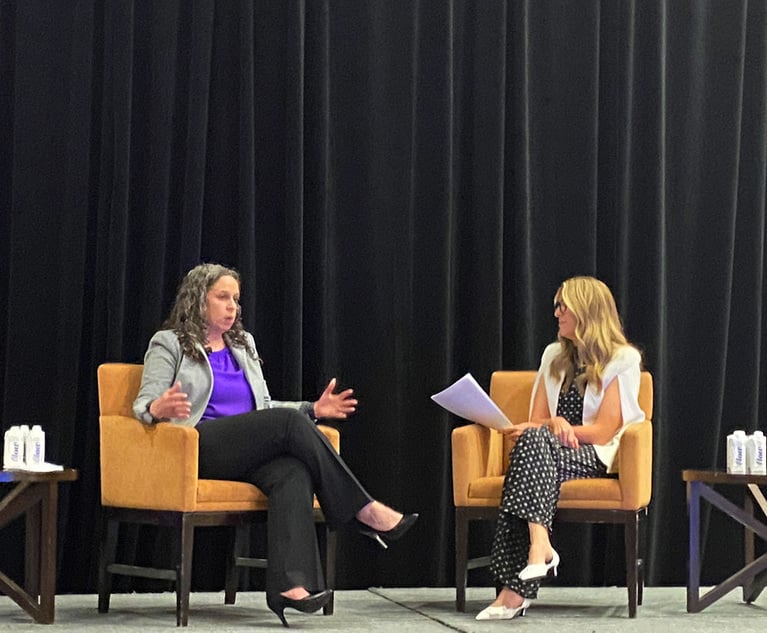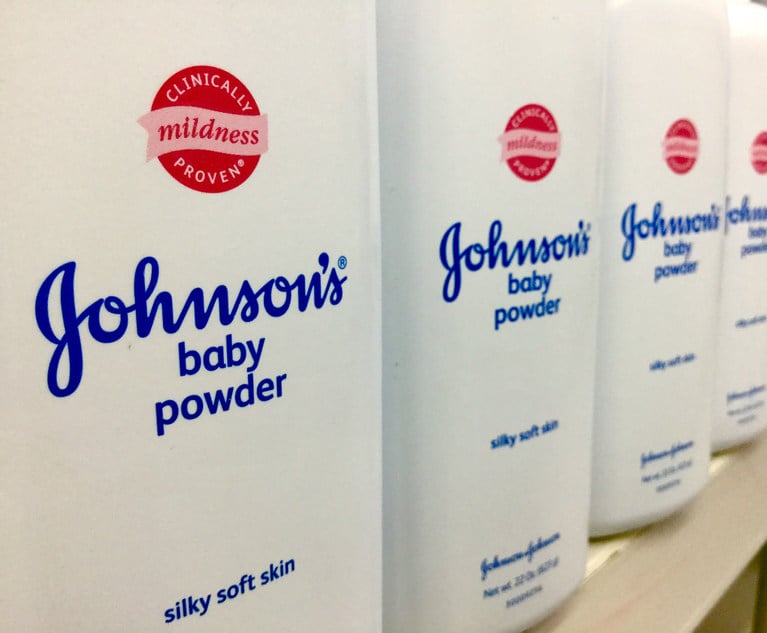The Missouri Supreme Court has handed Johnson & Johnson a big win in the New Jersey-based consumer products maker’s fight to get lawsuits brought over its baby powder out of Missouri, where juries, particularly in a St. Louis courthouse, have rendered several multimillion-dollar plaintiffs’ verdicts in the past three years.










